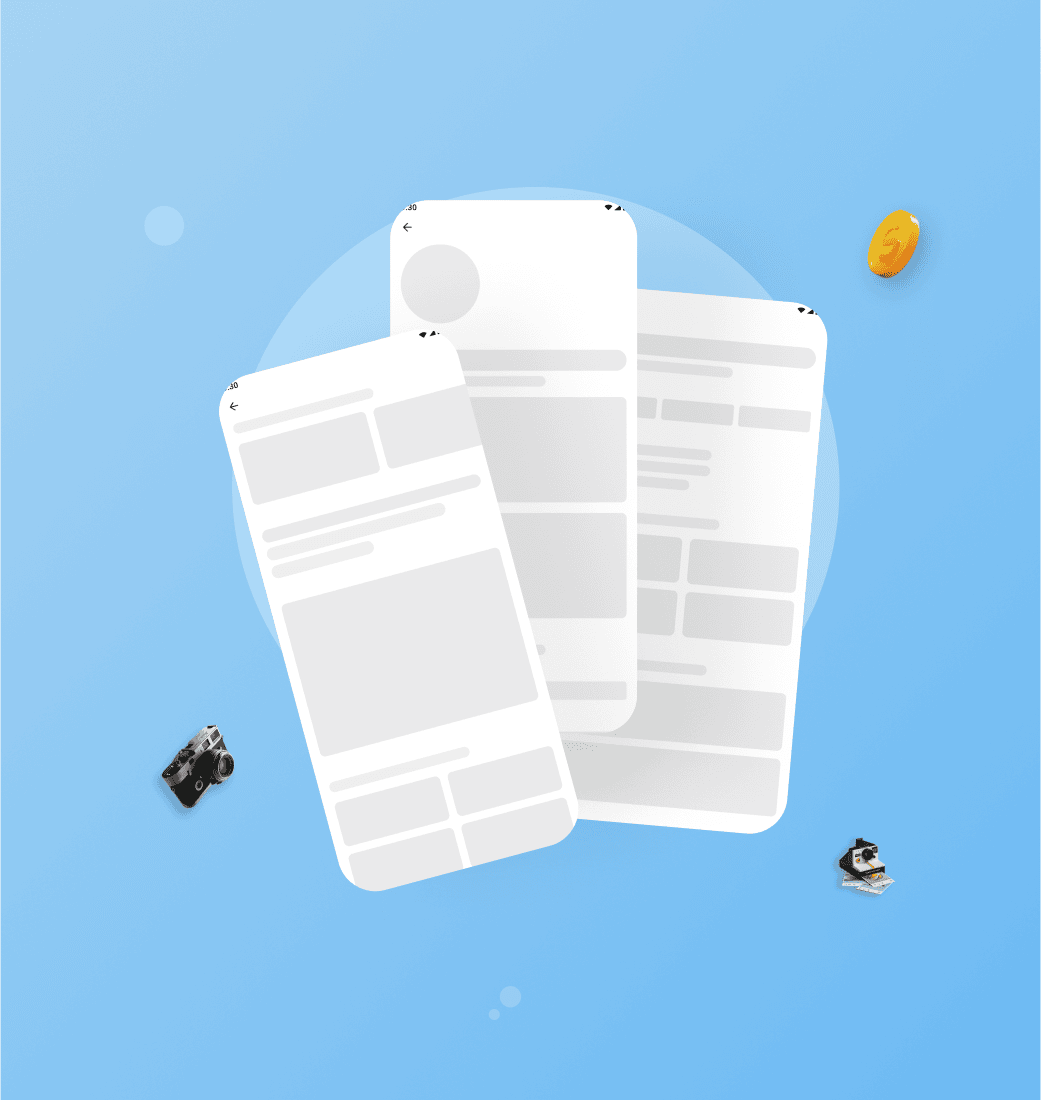Planning a group trip can quickly turn into a logistical nightmare—miscommunication, scattered tools, and conflicting opinions make the process overwhelming rather than enjoyable. I experienced this firsthand on a recent trip with friends, where endless back-and-forth discussions drained the excitement. One person wanted a beach getaway, another preferred the mountains, and our group chat became a flood of conflicting suggestions, budgets, and missed updates. Without a centralized tool to streamline preferences, budgets, and itineraries, the process felt like solving a complex puzzle instead of planning a fun adventure.
- Unstructured processes and scattered tools (WhatsApp, Google Docs, spreadsheets).
- Difficulty aligning preferences, schedules, and budgets.
- Time-consuming expense tracking with delayed payments.
- Lack of real-time collaboration for updates or itinerary changes.
Business and User Goals
Business Goals:
- Build a platform to simplify group travel planning.
- Address inefficiencies caused by fragmented tools.
- Deliver a seamless experience to increase user retention.
User Goals:
-
Planners (e.g., Priya Sharma):
- Collaborate easily with the group to plan trips efficiently.
- Manage itineraries, bookings, and expenses in one place.
-
Participants (e.g., Rohan Mehta):
- Stay informed and provide input without being overwhelmed.
- Track and settle shared expenses effortlessly.
Problem Statement
"Planning group trips is often chaotic due to unstructured workflows, miscommunication, and fragmented tools. There is a need for an intuitive platform to streamline trip planning, manage expenses, and foster collaboration for smoother travel experiences."
The Solution
Core Features:
-
Poll-Based Preference Gathering:
- Users vote on destinations, dates, and budgets.
- Automated reminders ensure timely responses.
-
Centralized Itinerary Dashboard:
- Displays all trip details (travel, accommodation, activities) in one place.
- Real-time updates with notifications for changes.
-
Expense Tracker with UPI Integration:
- Automatically splits costs and tracks shared expenses.
- Simplifies payments via UPI (Google Pay, PhonePe) & reminders.
-
Edge Case Handling:
- Recalculates costs if participants drop out.
- Notifies participants of failed payments with retry options.
Flows (UI Screens)





Approach
Research and Insights:
- Conducted interviews with planners (like Priya) and participants (like Rohan).
-
Analyzed competitors, including:
- TripIt, Roadtrippers: Limited collaboration features.
- Splitwise, TravelSpend: Focused only on expense tracking.
- WhatsApp/Google Docs: Effective for communication but messy for planning.
- Identified pain points: fragmented tools, delayed payments, and lack of collaboration features.
Design Process:
-
User Personas and Flows:
- Created user personas for planners and participants to understand their goals, behaviors, and pain points.
- Developed detailed user flows for common scenarios, such as creating a trip, managing expenses, and handling last-minute changes.
-
Wireframing and Prototyping:
- Designed low-fidelity wireframes for core features.
- Conducted usability tests with target users to gather feedback.
- Iterated designs to improve clarity and usability.
-
Edge Case Handling:
- Addressed scenarios like participants dropping out, failed payments, and unresponsive group members.
Results and Impact
- Time Saved: Reduced planning time through structured workflows.
- Expense Settlement Rate: Shared expenses were settled within 48 hours.
- User Retention: Increase in repeat trip creation.
- Satisfaction: Net Promoter Score (NPS) improved.
- Engagement: Participants responded to polls within the first reminder.
Feedback and Iteration
Positive Feedback:
- Users loved the centralized itinerary dashboard and real-time updates.
Challenges Identified:
- Support for larger groups beyond the initial 20-person limit.
Next Steps:
- Expand group size limits and add language support for non-English users.
Conclusion
"Travel Simplified" transforms group travel planning by eliminating chaos and fostering collaboration. With features like poll-based decision-making, centralized itineraries, and automated expense tracking, the app ensures a seamless experience for planners and participants alike. By saving time, reducing stress, and improving group coordination, it enables users to focus on creating memories instead of managing logistics.
